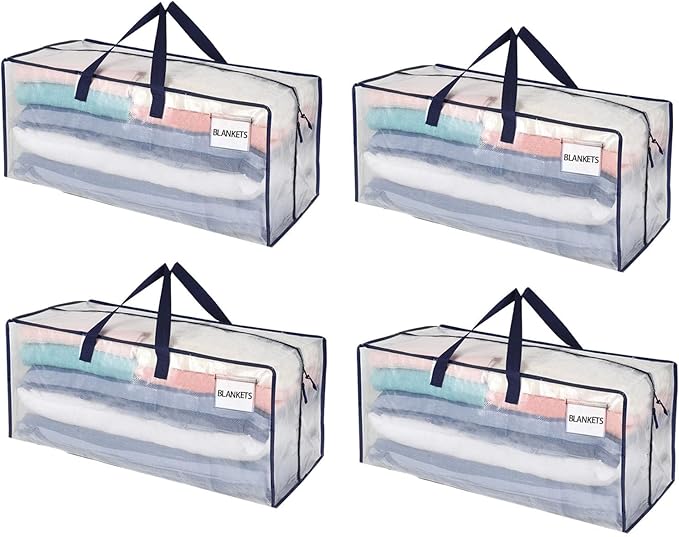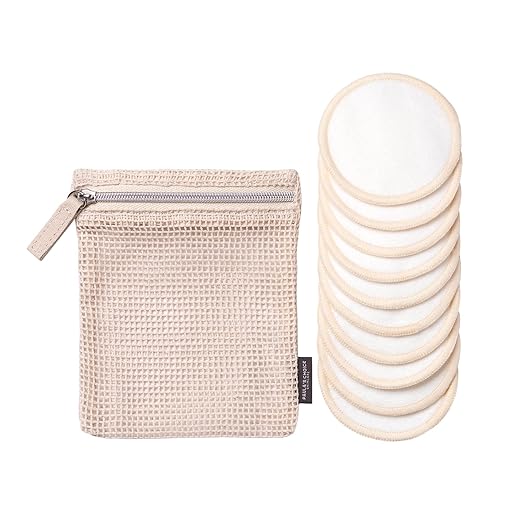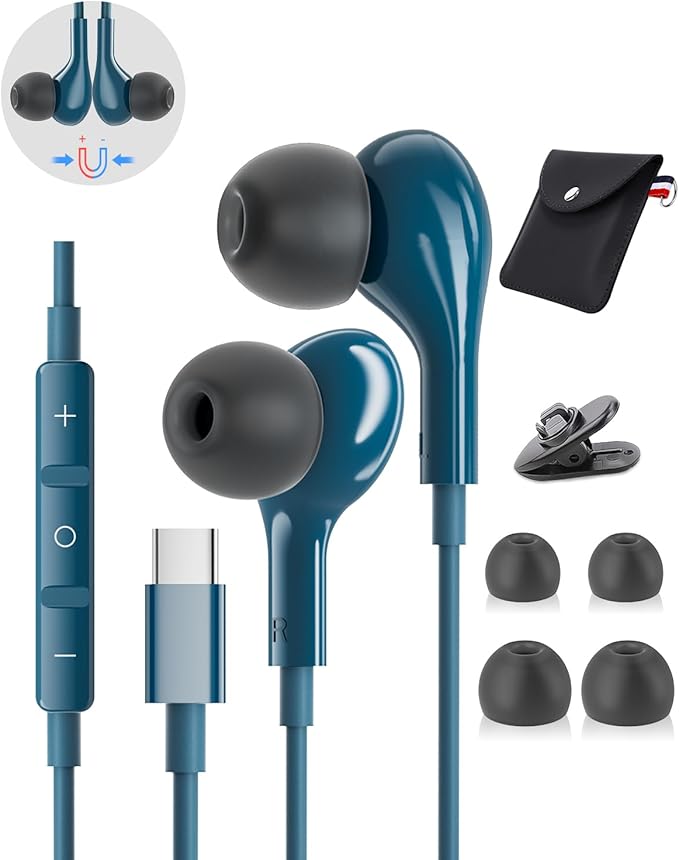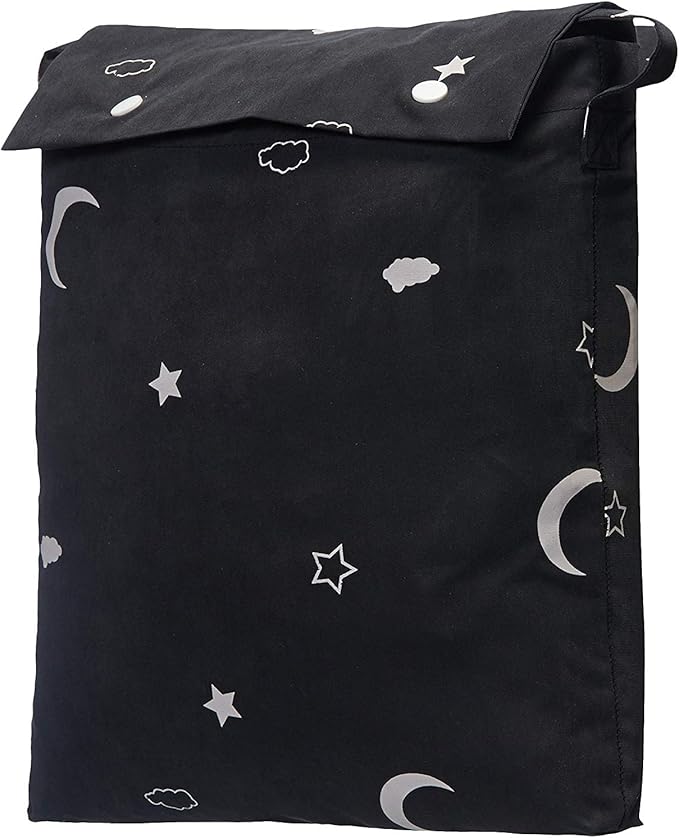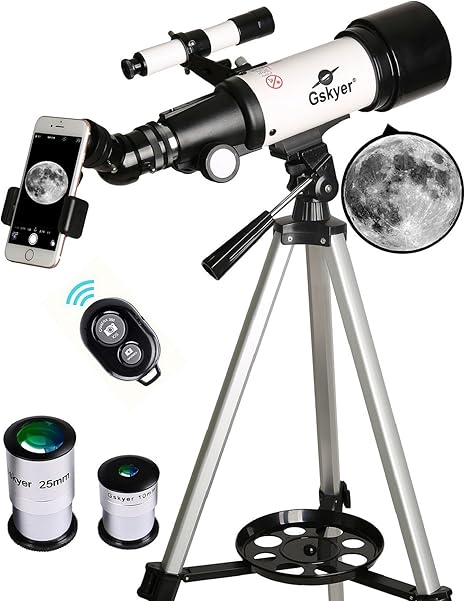There are so-called concrete nouns and abstract nouns in Italian:
1. Concrete nouns
Concrete nouns refer to entities that can be perceived by our five senses: touch, sight, hearing, smell, and taste.
Ex: cane (dog), tavolo (table), meal (apple), uccello (bird), profumo (perfume).
2. Abstract nouns
Abstract nouns refer to entities that cannot be perceived by our five senses: touch, sight, hearing, smell, and taste.
Ex: ottimismo (optimism), educazione (education), paura (fear), guerra(war).
3.Typs of abstract noun
Abstract nouns represent an idea, an aspect, a concept, a sensation, an emotion, a state of mind, an experience, or a quality.
1. Abstract nouns for feelings: disgusto (disgust), eccitazione (excitement), indifferenza (indifference), gioia (joy), solitudine (loneliness).
2. Abstract nouns for states of mind: confusione (confusion), paura (fear), dolore (pain).
3. Abstract nouns for personality traits: determinazione (determination), ottimismo (optimism), saggezza (wisdom), empatia (empathy), coraggio (courage).
4. Abstract nouns for ideas & concepts: sensibilità (sensitivity), educazione (education), democrazia (democracy), credenza (belief), relazione (relationship).
5. Abstract nouns for events & experiences: futuro (future), anniversario (anniversary), promozione (promotion), guerra (war), infanzia (childhood).
4. Abstract noun suffixes
Most abstract nouns end with -tà, -anza, -enza, -ezza, -ione, -izia, -igia, -ura:
- –ità, –età, –tà: felicità, varietà, fedeltà
- –ezza, –izia: saggezza, altezza, giustizia
- – ore, –ura: stupore, bravura
- – itudine: solitudine
- –eria: tirchieria
Here is a list of abstract nouns with their meaning and examples:
- I Nomi Astratti (The Abstract Nouns)
- La Bontà (The Goodness)
- La Cattiveria/La Malvagità (The evil / The Wickedness)
- La bellezza (The beauty)
- La bruttezza (The ugliness)
- La Pace (The Peace)
- La Guerra (The War)
- L’Amore (The Love)
- L’Odio (The Hate)
- La Povertà (The Poverty)
- La Ricchezza (The wealth)
- La Vita (The Life)
- La Morte (The Death)
- La Felicità (The Happiness)
- La Tristezza (The Sadness)
- La facilità (The ease)
- La difficoltà (The difficulty)
- La semplicità (The simplicity)
- La complessità (The complexity)
- La Crudeltà (The Cruelty)
- La Pietà (The pity / The mercy)
Amazon Ads
1. I Nomi Astratti | The Abstract Nouns
Noun masculine singular (Il nome) plural (I nomi)
Adjective Masculine Singular (Astratto) Plural (Astratti) Feminine Singular (Astratta) Plural (Astratte)
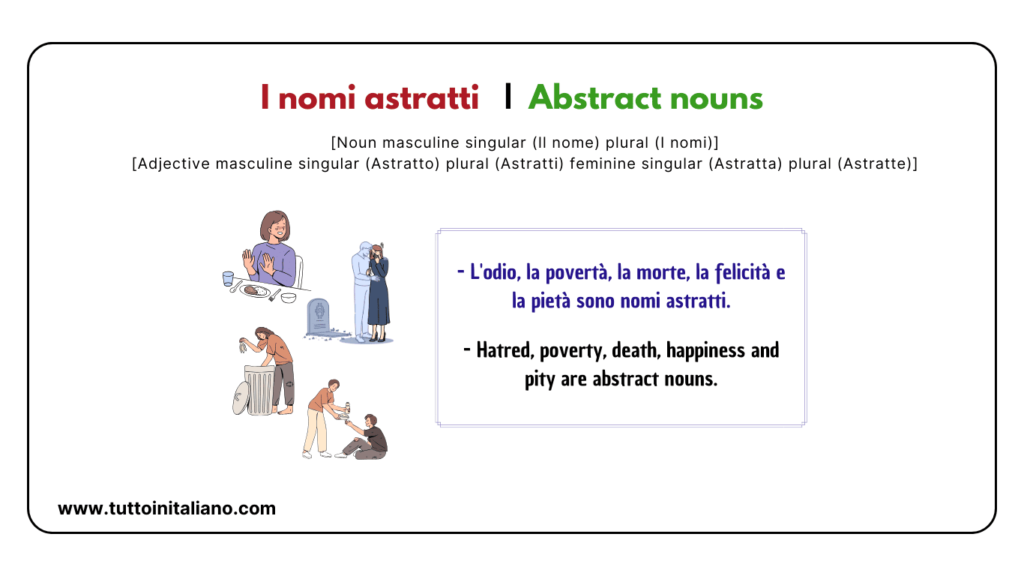
- I nomi astratti non possono essere percepite dai nostri cinque sensi.
- Abstract nouns cannot be perceived by our five senses.
- L’odio, la povertà, la morte, la felicità e la pietà sono nomi astratti.
- Hatred, poverty, death, happiness and pity are abstract nouns.
2. La Bontà | The Goodness
Noun Feminine Singular (La Bontà) Plural (Le Bontà)
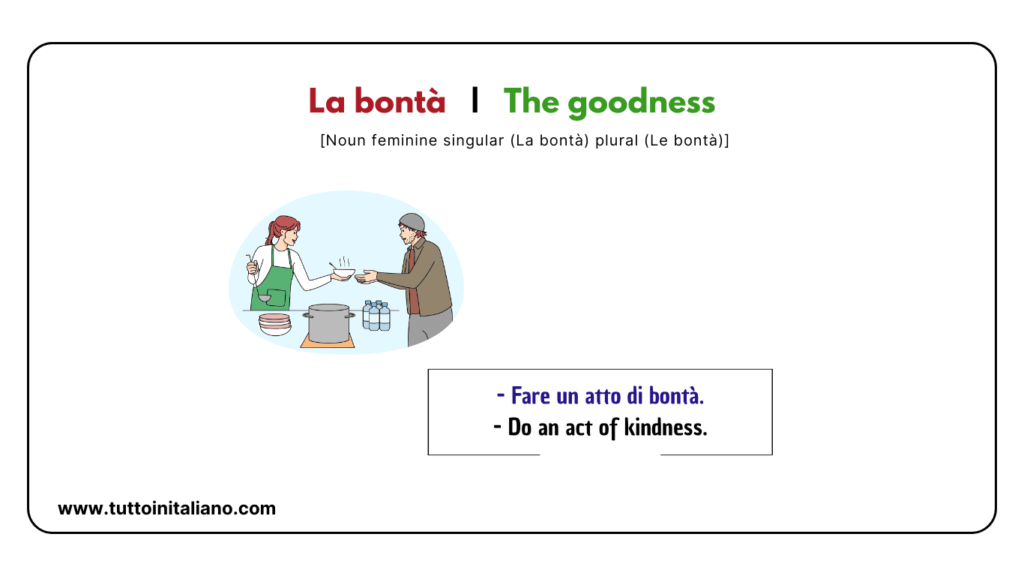
- La bontà infinita.
- Infinite goodness.
- La bontà divina.
- Divine goodness.
- La somma bontà.
- The supreme goodness.
- Fare un atto di bontà.
- Do an act of kindness.
3. La Cattiveria/La Malvagità | The evil/ The Wickedness
Noun Feminine Singular (La Cattiveria/Malvagità) Plural (Le Cattiveria/Malvagità)
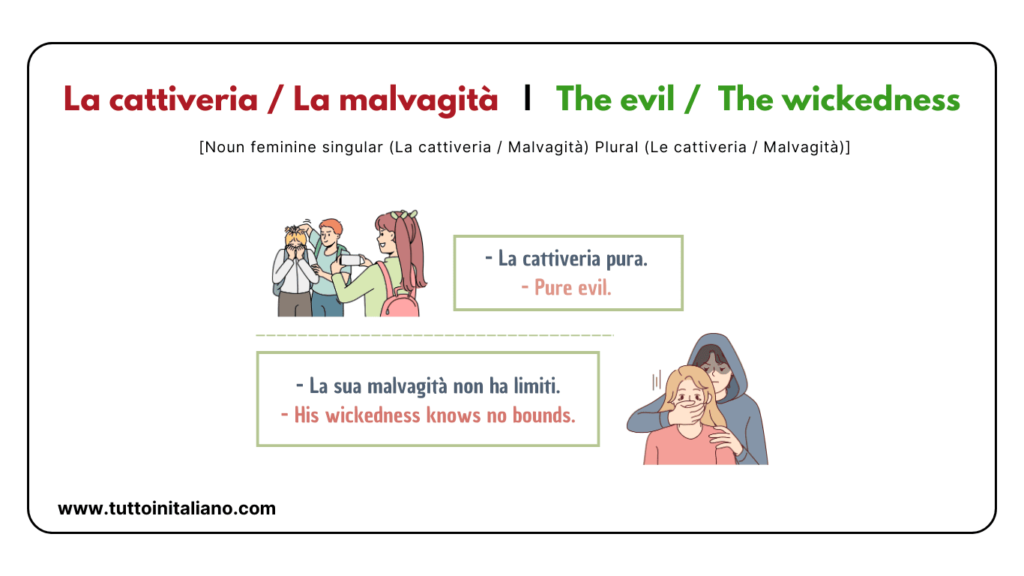
- La cattiveria pura.
- Pure evil.
- La sua malvagità non ha limiti.
- His wickedness knows no bounds.
4. La bellezza | The beauty
Noun Feminine Singular (La Bellezza) Plural (Le Bellezze)
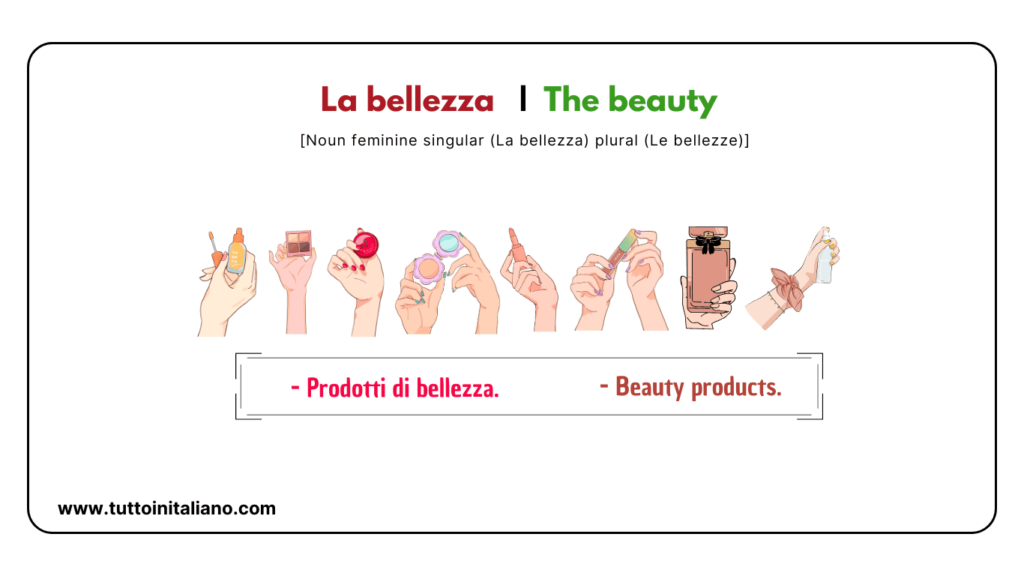
- Qualcosa di grande bellezza.
- Something of great beauty.
- Prodotti di bellezza.
- Beauty products.
- Bellezza di un paesaggio.
- Beauty of a landscape.
- Una donna di grande bellezza.
- A woman of great beauty.
- Concorso di bellezza.
- Beauty contest.
- Bellezza serena.
- Serene beauty.
- Bellezza del cielo stellato.
- Beauty of the starry sky.
- Istituto di bellezza.
- Beauty institute.
5. La bruttezza | The ugliness
Noun Feminine Singular (La Bruttezza) Plural (Le Bruttezze)
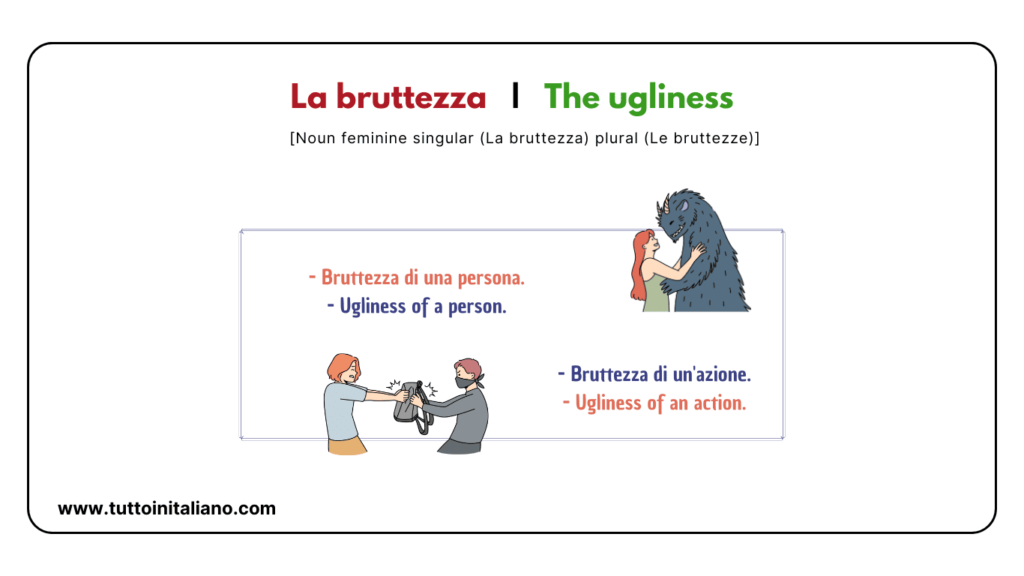
- Bruttezza di una persona.
- Ugliness of a person.
- Bruttezza di un’azione.
- Ugliness of an action.
- La bruttezza di questo quadro è fuori discussione.
- The ugliness of this painting is beyond question.
Amazon Ads
6. La Pace | The Peace
Noun Feminine Singular (La Pace) Plural (Le Paci)
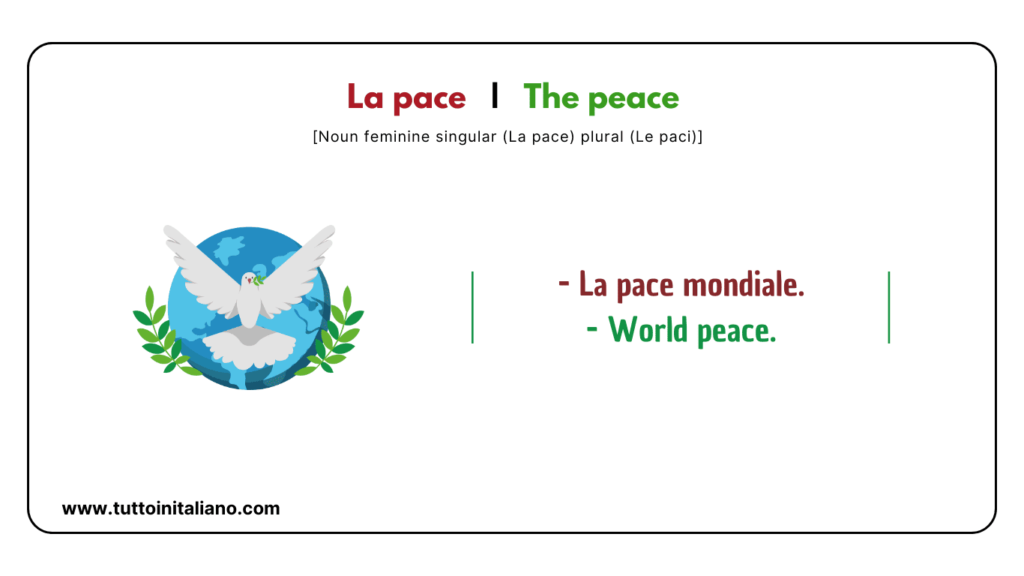
- La pace mondiale.
- World peace.
- Mantenere la pace.
- To maintain the peace.
- Violare la pace.
- To violate the peace.
- Trattato di pace.
- Peace treaty.
- Conferenza di pace.
- Peace conference.
7. La Guerra | The War
Noun Feminine Singular (La Guerra) Plural (Le Guerre)
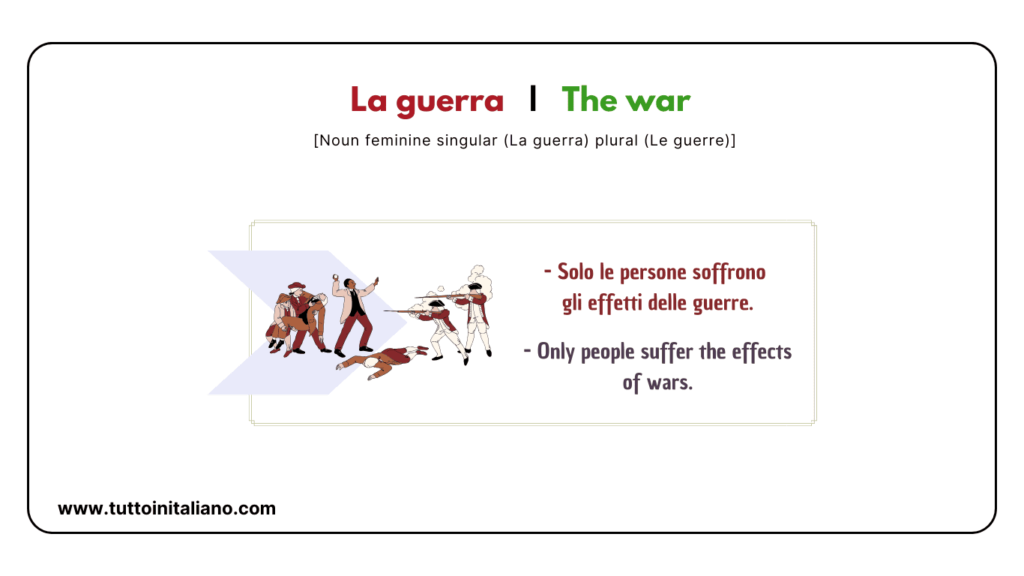
- Quando finirà la guerra?
- When will the war end?
- Solo le persone soffrono gli effetti delle guerre.
- Only people suffer the effects of wars.
8. L’Amore | The Love
Noun Masculine Singular (L’Amore) Plural (Gli Amori)
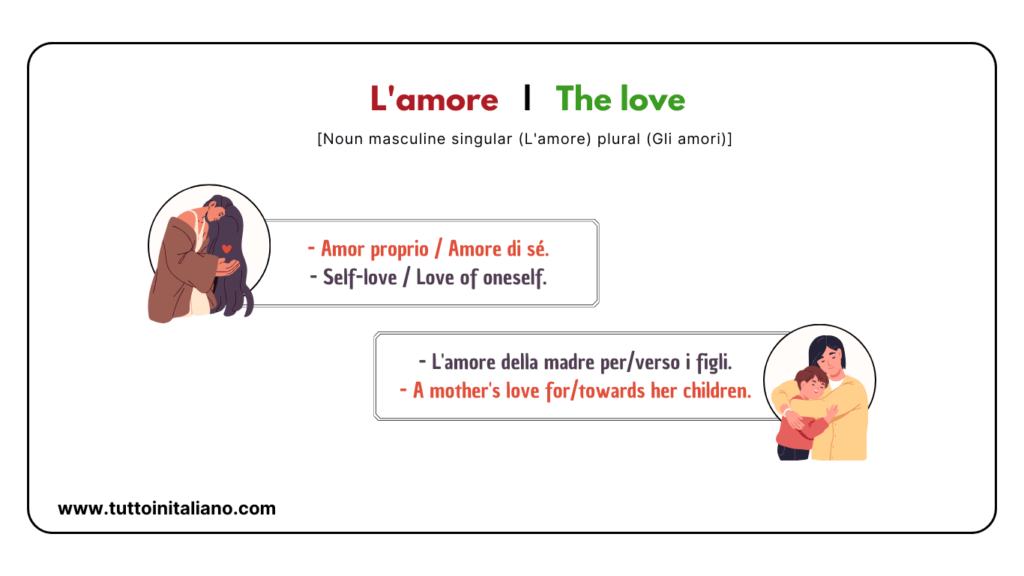
- L’amore della madre per/verso i figli.
- A mother’s love for/towards her children.
- Amor proprio / Amore di sé.
- Self-love / Love of oneself.
9. L’Odio | The Hate
Noun Masculine Singular (L’Odio) Plural (Gli Odi)
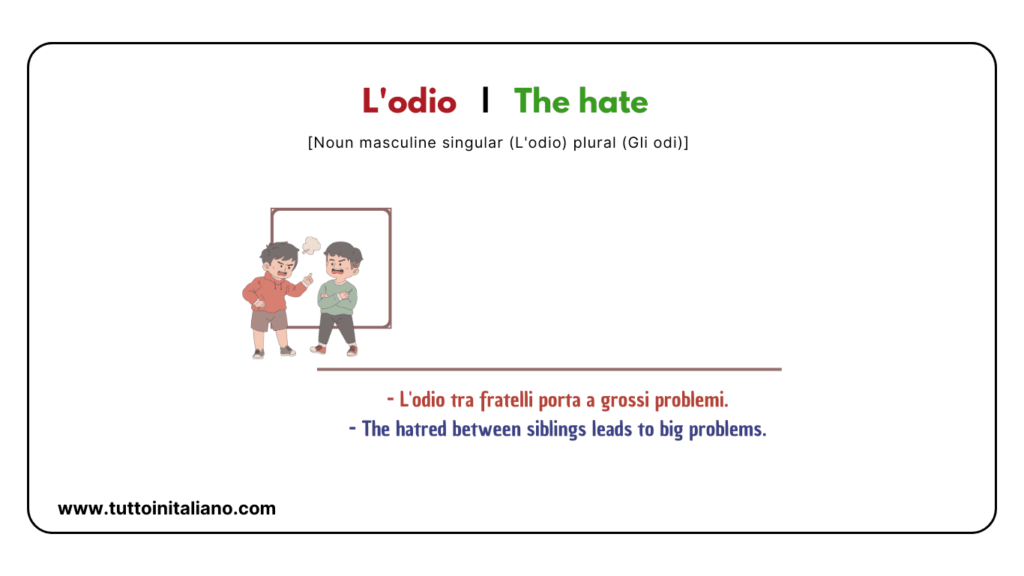
- L’odio tra fratelli porta a grossi problemi.
- The hatred between siblings leads to big problems.
- Non so bene come liberarmi da questi sentimenti di odio.
- I’m not sure how to get rid of these feelings of hate.
10. La Povertà | The Poverty
Noun Feminine Singular (La Povertà) Plural (Le Povertà)
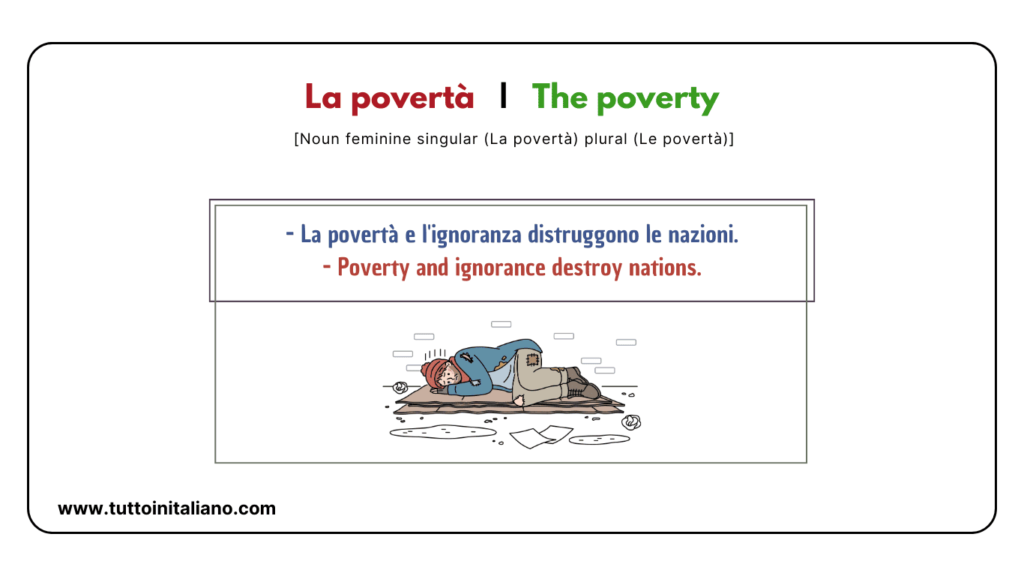
- La povertà è un motivo forte per commettere vari tipi di crimini.
- Poverty is a strong motive for committing various types of crimes.
- La povertà e l’ignoranza distruggono le nazioni.
- Poverty and ignorance destroy nations.
Amazon Ads
11. La Ricchezza | The wealth
Noun Feminine Singular (La Ricchezza) Plural (Le Ricchezze)
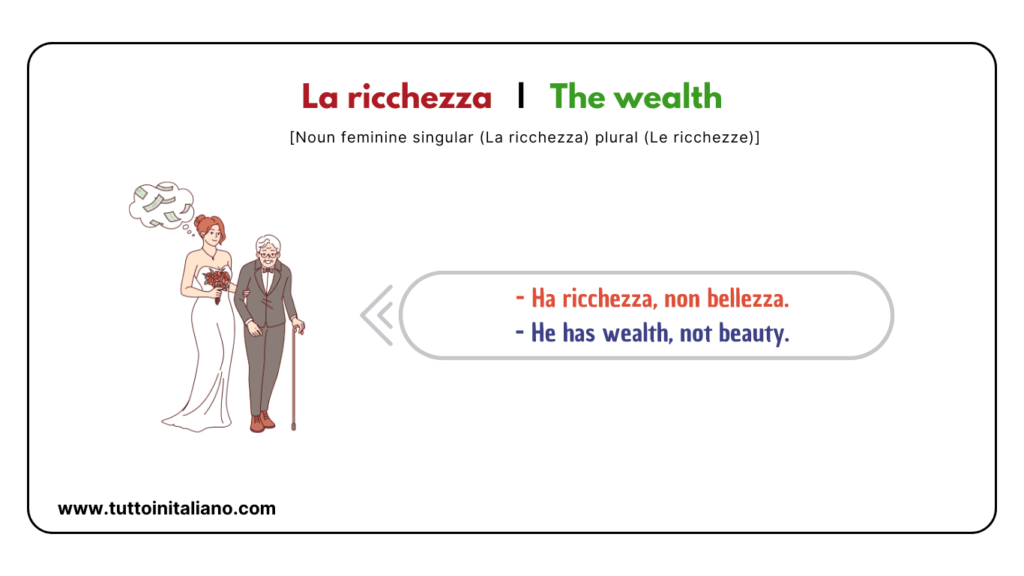
- La ricchezza è meno potente dell’autorità.
- Wealth is less powerful than authority.
- Ha ricchezza, non bellezza.
- He has wealth, not beauty.
12. La Vita | The Life
Noun Feminine Singular (La Vita) Plural (Le Vite)
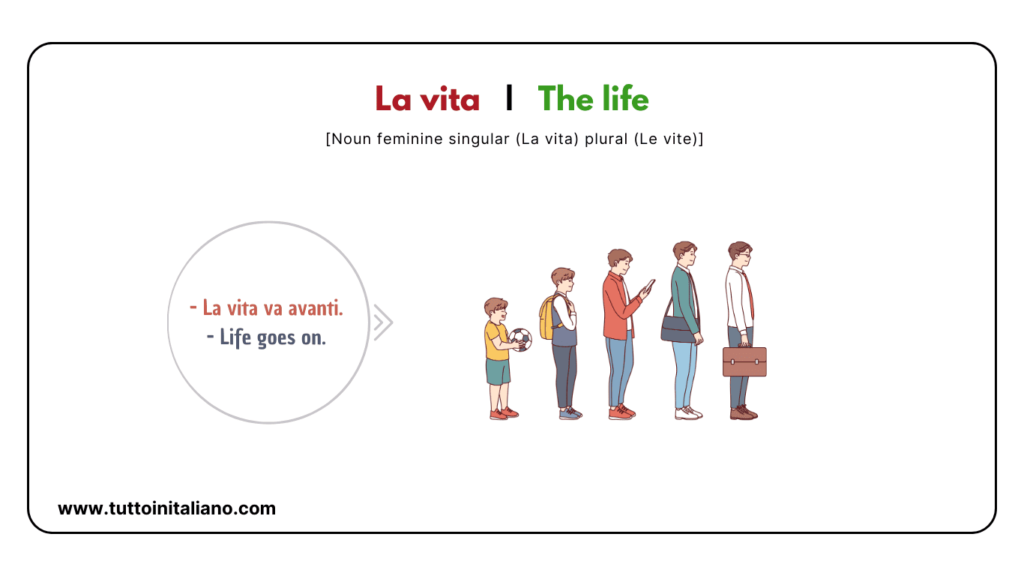
- La vita va avanti.
- Life goes on.
- La vita è cambiata.
- Life has changed.
- La vita è bella.
- Life is beautiful.
13. La Morte | The Death
Noun Feminine Singular (La Morte) Plural (Le Morti)
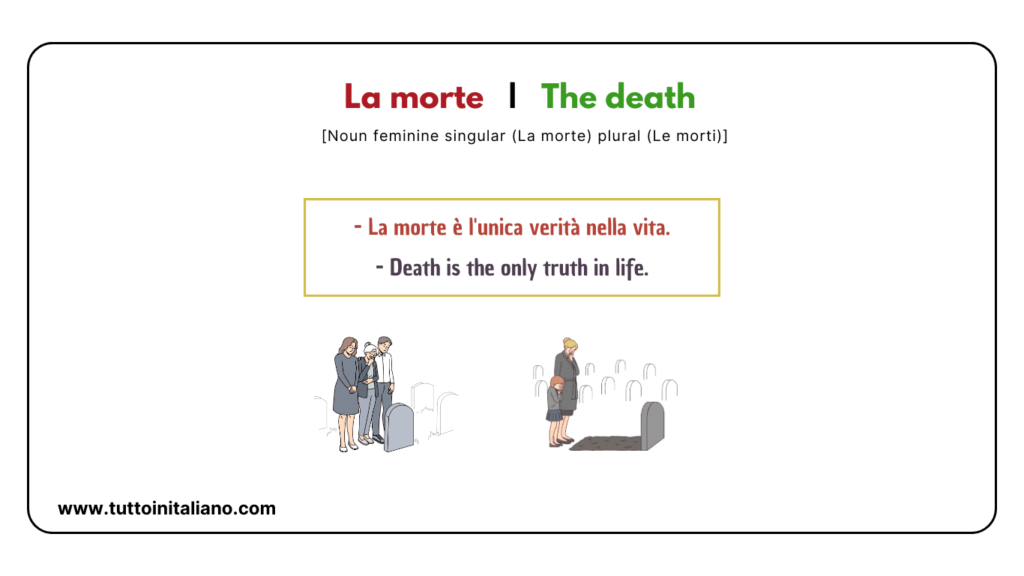
- La morte è l’unica verità nella vita.
- Death is the only truth in life.
- Nessuno può sfuggire alla morte.
- No one can escape death.
14. La Felicità | The Happiness
Noun Feminine Singular (La Felicità) Plural (Le Felicità)
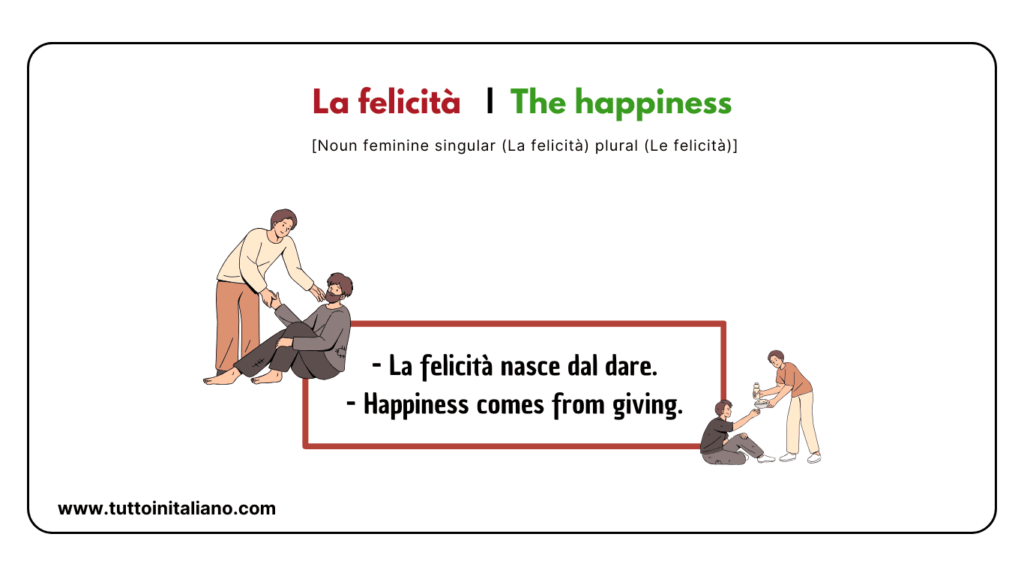
- Tutti cercano la felicità.
- Everyone seeks happiness.
- La felicità è la chiave della vita.
- Happiness is the key to life.
- La felicità non si costruisce sulla sfortuna degli altri.
- Happiness is not built on the misfortune of others.
- La felicità nasce dal dare.
- Happiness comes from giving.
15. La Tristezza | The Sadness
Noun Feminine Singular (La Tristezza) Plural (Le Tristezze)
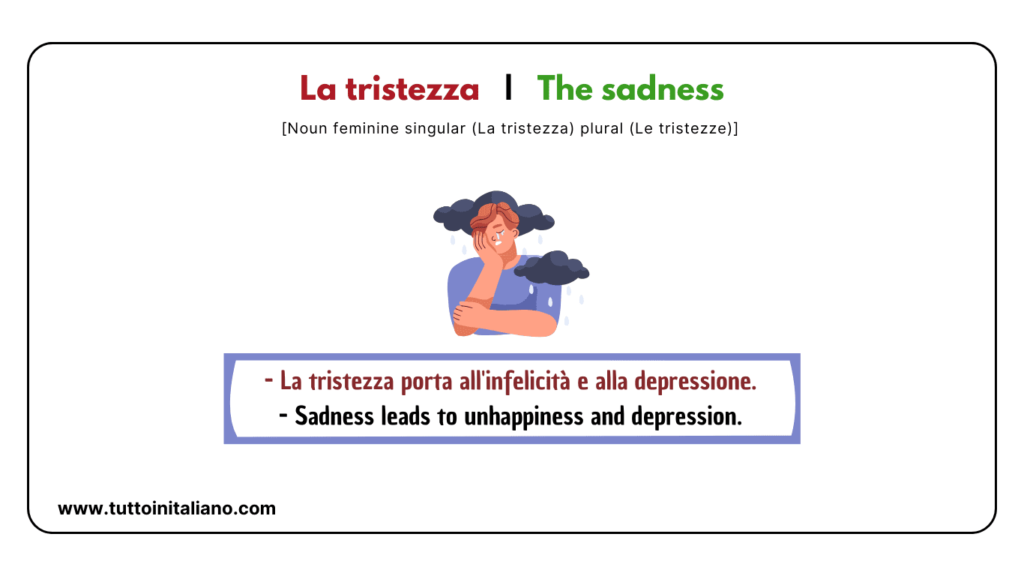
- La privazione porta alla tristezza e alla rabbia.
- Deprivation leads to sadness and anger.
- La tristezza porta all’infelicità e alla depressione.
- Sadness leads to unhappiness and depression.
Amazon Ads
17. La difficoltà | The difficulty
Noun Feminine Singular (La Difficoltà) Plural (Le Difficoltà)
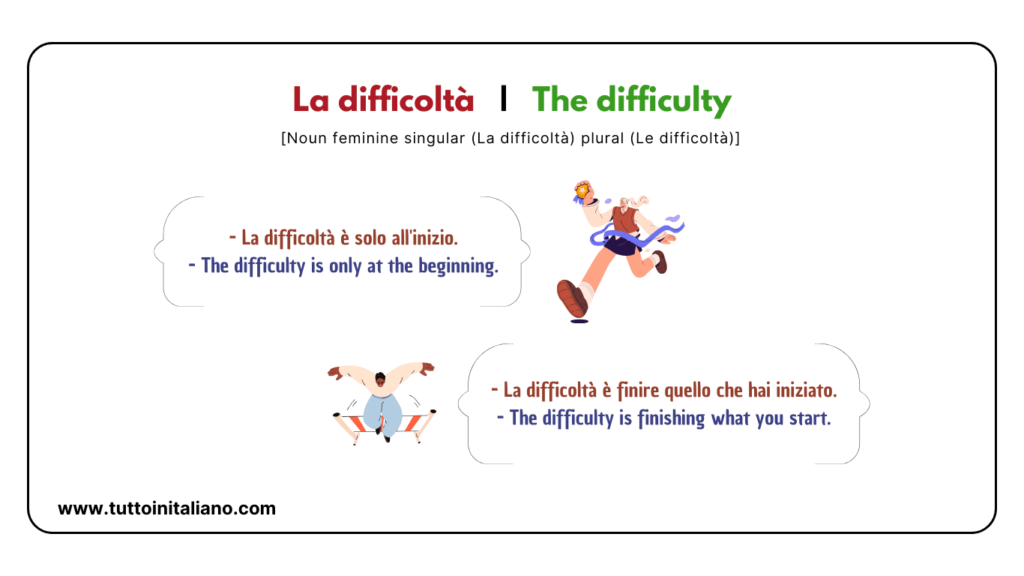
- La difficoltà è solo all’inizio.
- The difficulty is only at the beginning.
- La difficoltà è finire quello che hai iniziato.
- The difficulty is finishing what you start.
- Le difficoltà possono essere superate con perseveranza.
- Difficulties can be overcome with perseverance.
16. La facilità | The ease
Noun Feminine Singular (La Facilità) Plural (Le Facilità)
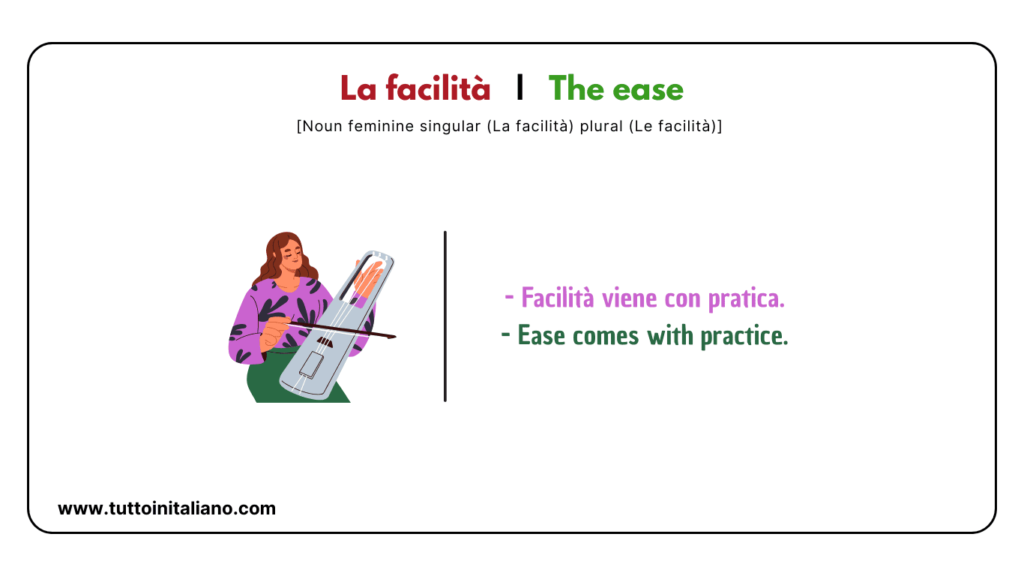
- Facilità viene con pratica.
- Ease comes with practice.
- Facilità di sollevare argomenti.
- Ease of raising topics.
18. La semplicità | The simplicity
Noun Feminine Singular (La Semplicità) Plural (Le Semplicità)
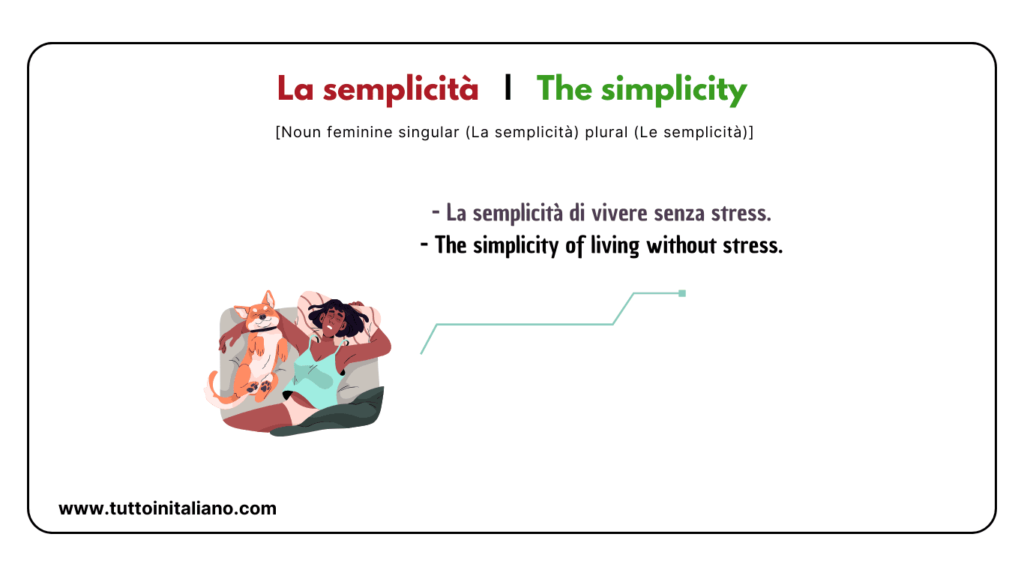
- La loro vita è caratterizzata da semplicità e contentezza.
- Their life is characterized by simplicity and contentment.
- La semplicità di vivere senza stress.
- The simplicity of living without stress.
19. La complessità | The complexity
Noun Feminine Singular (La Complessità) Plural (Le Complessità)
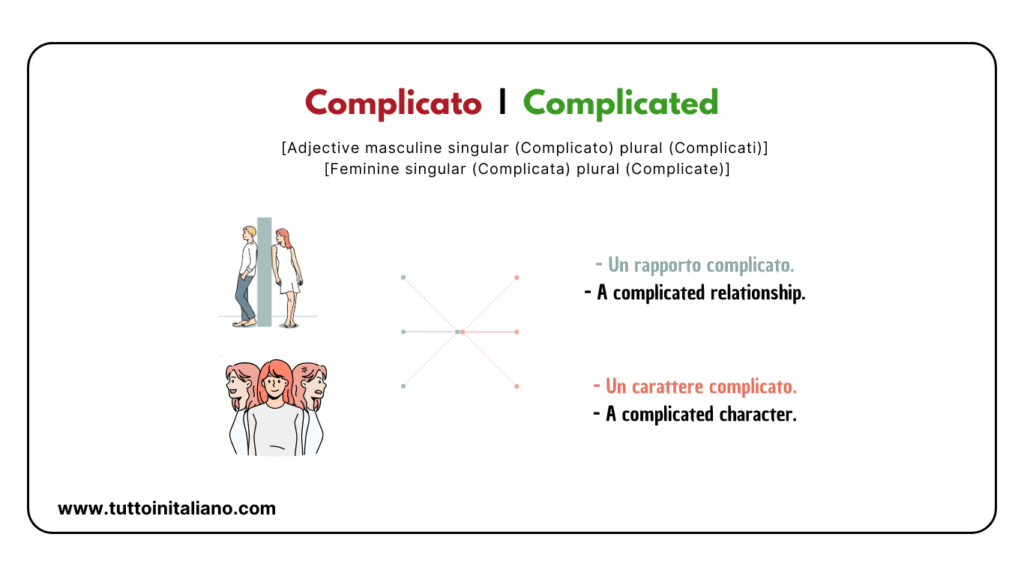
- La complessità ritarda il raggiungimento dei risultati.
- Complexity delays the achievement of results.
- Le complessità della vita rendono tutto più difficile.
- The complexities of life make everything more difficult.
20. La Crudeltà | The Cruelty
Noun Feminine Singular (La Crudeltà) Plural (Le Crudeltà)
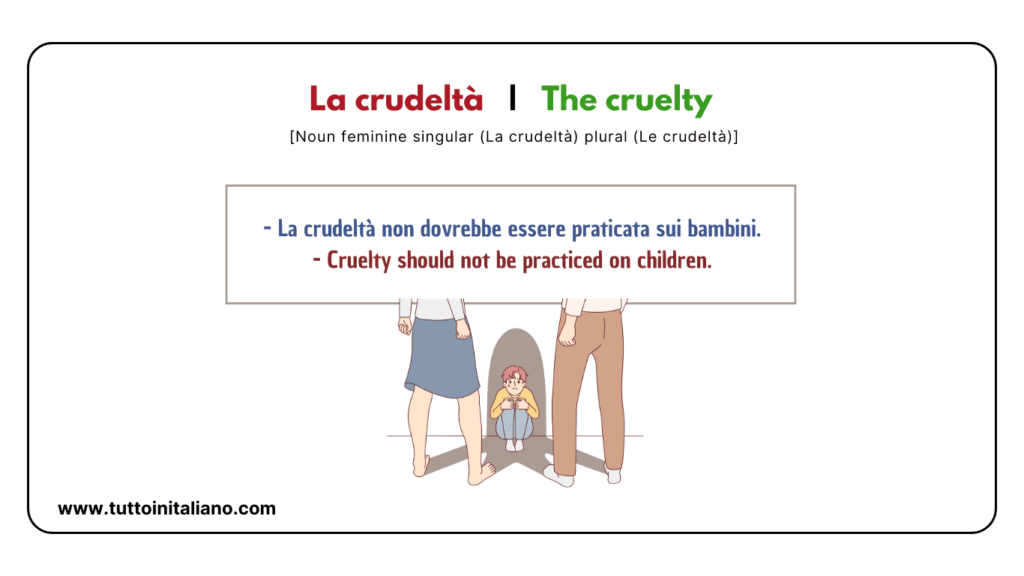
- Il mondo è diventato pieno di crudeltà.
- The world has become full of cruelty.
- La crudeltà non dovrebbe essere praticata sui bambini.
- Cruelty should not be practiced on children.
21. La Pietà | The pity / The mercy
Noun Feminine Singular (La Pietà) Plural (Le Pietà)
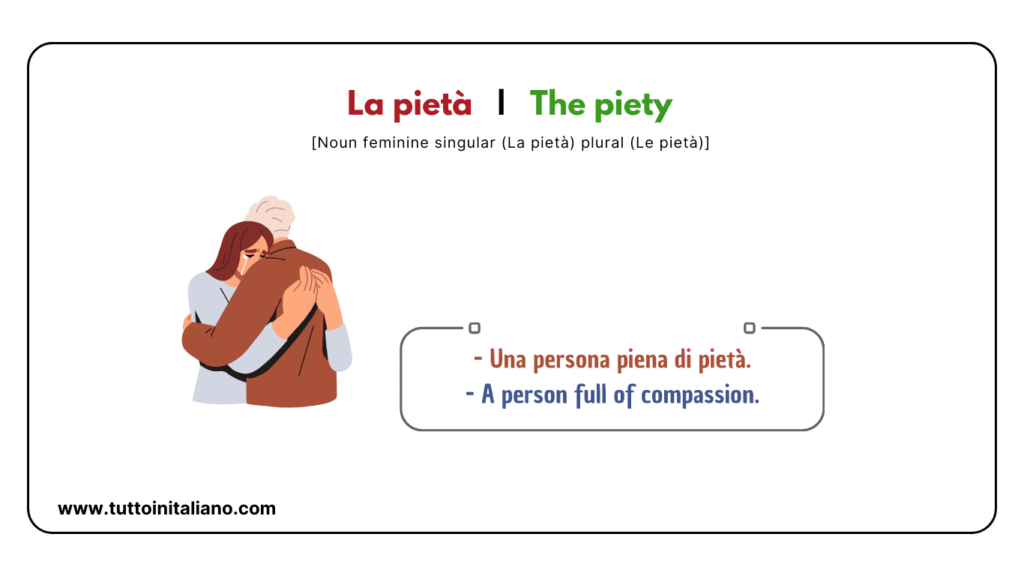
- Una persona piena di pietà.
- A person full of compassion.
- Una persona senza pietà, senza compassione, senza rimorso.
- A person without mercy, without compassion, without remorse.
- Non volevo la pietà di nessuno.
- I didn’t want anyone’s pity.
Reading and listing
I nomi astratti nella nostra vita | Abstract nouns in our life.
Nella vita, ci confrontiamo costantemente con i nomi astratti che danno forma alla nostra esistenza, come bontà e male, bellezza e bruttezza, amore e odio. Queste forze opposte spesso guidano le nostre azioni ed emozioni, portando a esperienze di pace o guerra, felicità o tristezza, facilità o difficoltà. Le complessità della vita sono giustapposte alle sue semplicità, mentre navighiamo attraverso la ricchezza della ricchezza o le lotte della povertà. Di fronte alla crudeltà, potremmo trovare pietà, ma anche in tale oscurità, il potenziale per la luce rimane. La dualità ultima di vita e morte sottolinea il nostro viaggio, ricordandoci il fragile equilibrio tra queste potenti forze.
In life, we are constantly confronted with the abstract nouns that shape our existence, such as goodness and evil, beauty and ugliness, love and hate. These opposing forces often guide our actions and emotions, leading to experiences of peace or war, happiness or sadness, ease or difficulty. The complexities of life are juxtaposed with its simplicities, as we navigate through the richness of wealth or the struggles of poverty. In the face of cruelty, we may find pity, yet even in such darkness, the potential for light remains. The ultimate duality of life and death underscores our journey, reminding us of the fragile balance between these powerful forces.
Exercises about abstract nouns in Italian with the answers
What is the opposite of the following words:
- La Bontà
- La bellezza
- La Pace
- L’Amore
- La Povertà
- La Vita
- La Felicità
- La facilità
- La semplicità
- La Crudeltà
The answer
- La Cattiveria/La Malvagità
- La bruttezza
- La Guerra
- L’Odio
- La Ricchezza
- La Morte
- La Tristezza
- La difficoltà
- La complessità
- La Pietà


